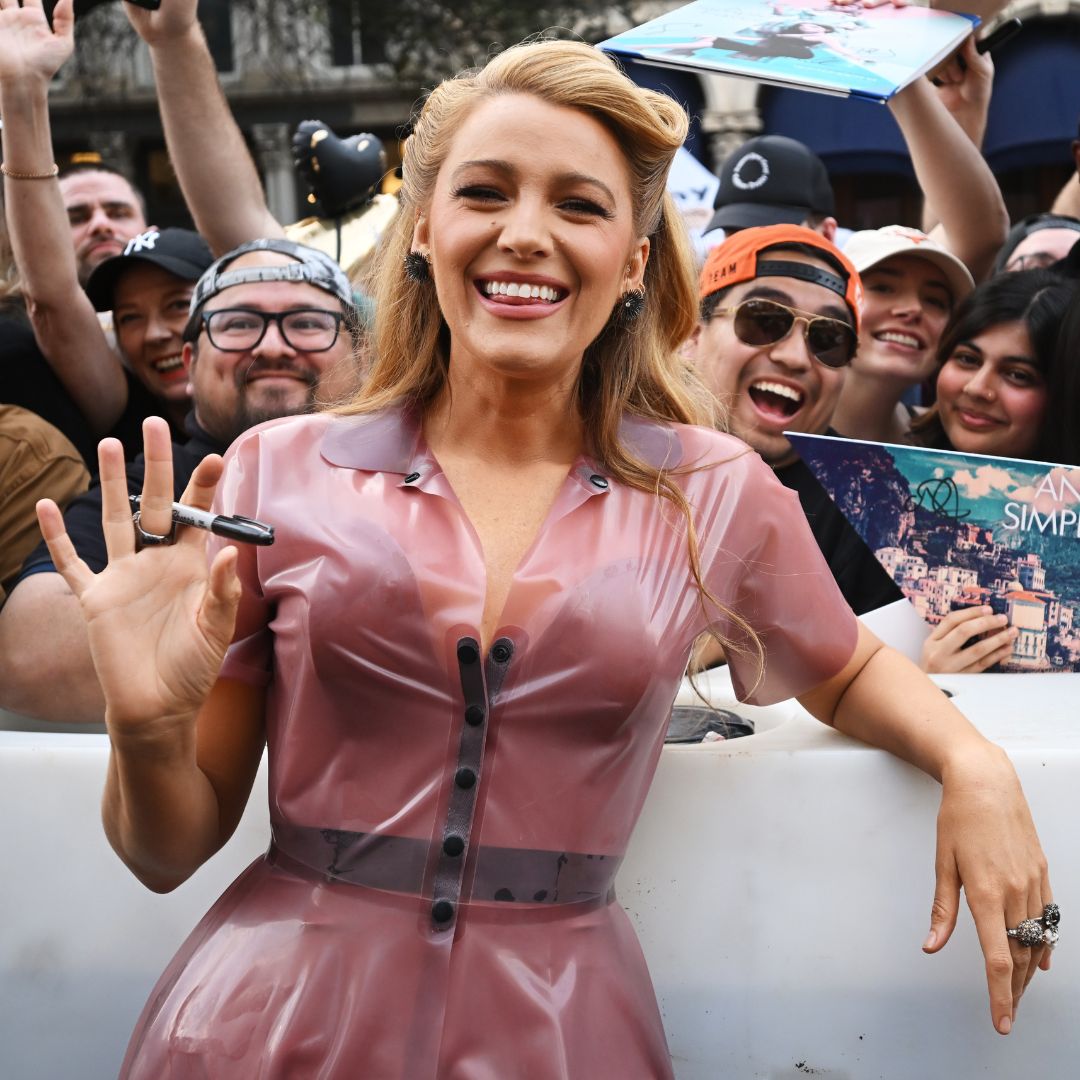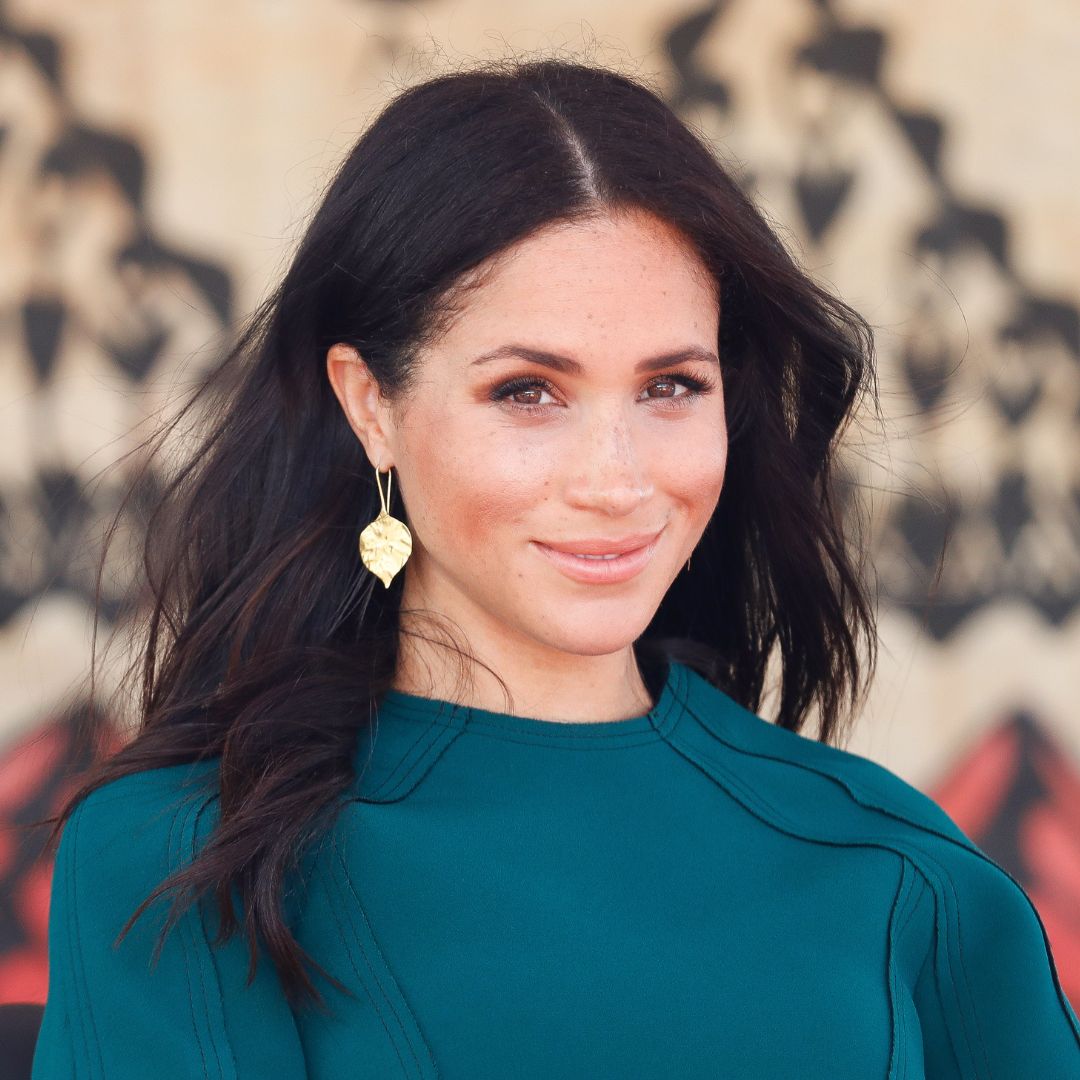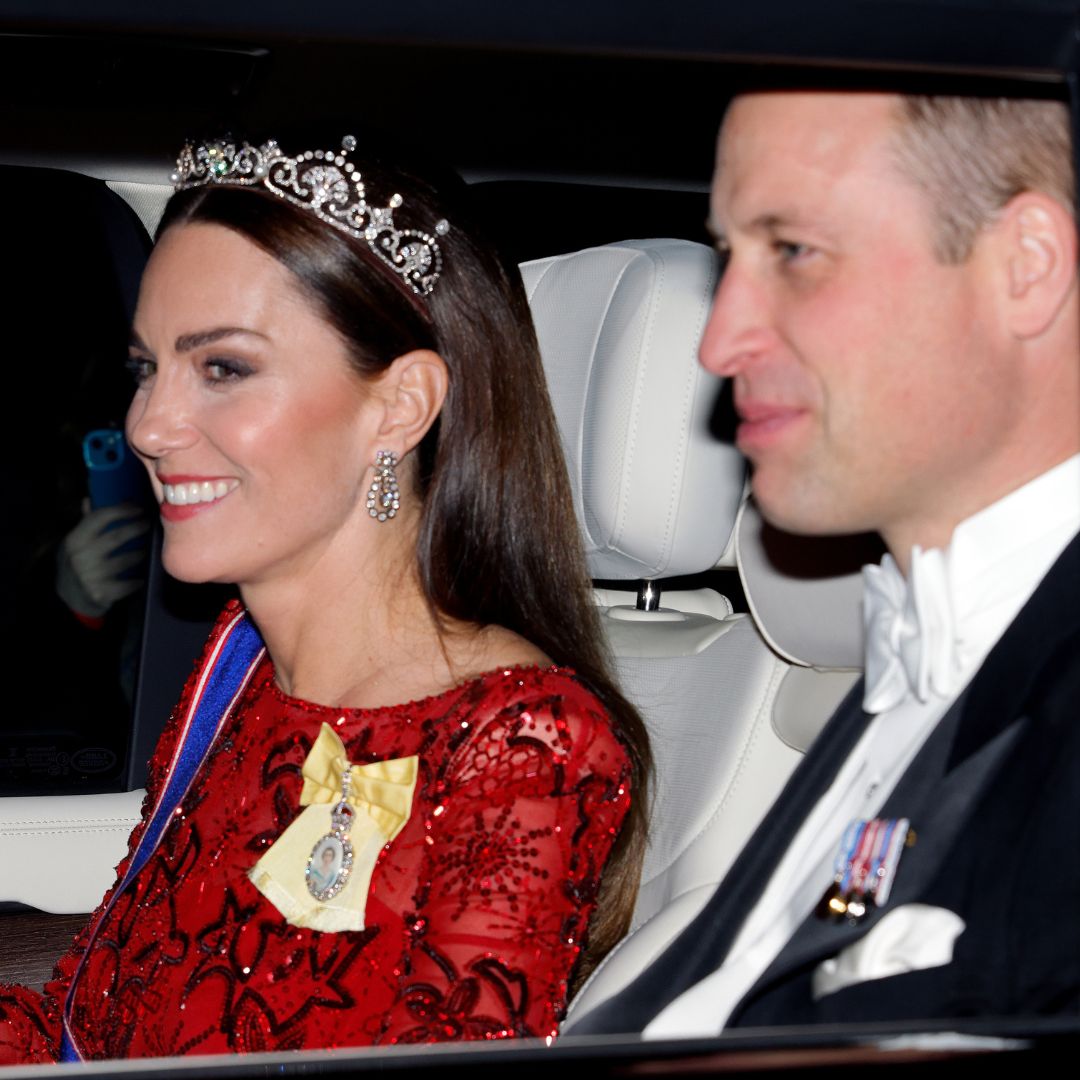"Making abortion illegal won't reduce the numbers, it will just make women unsafe"
Afer her short film FRIMAS, highlighting abortion rights, was shortlisted for an Academy Award, Marianne Farley sat down with Marie Claire to talk the timely project, Roe. v Wade and the role we all have in protecting women's reproductive rights.
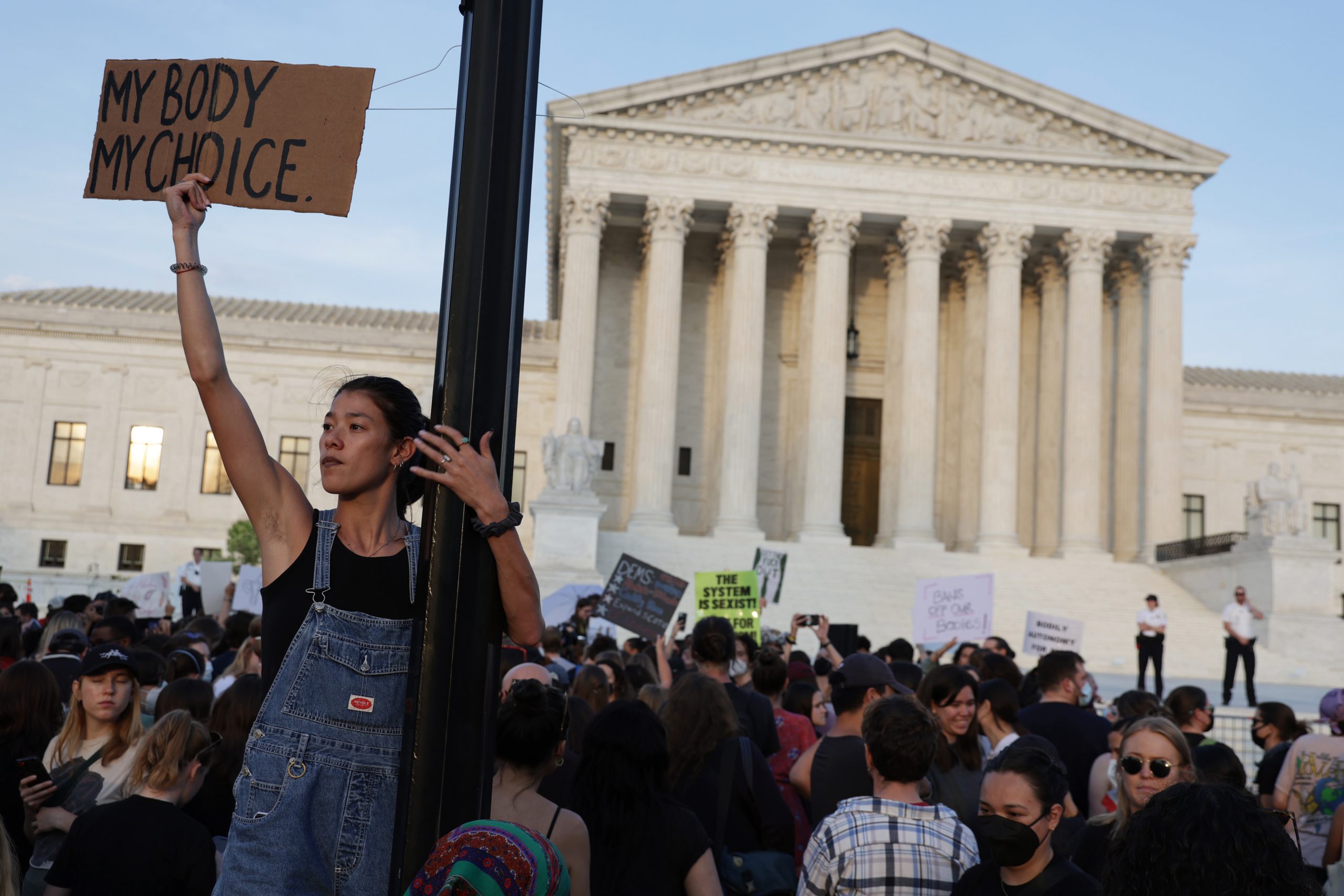

Afer her short film FRIMAS, highlighting abortion rights, was shortlisted for an Academy Award, Marianne Farley sat down with Marie Claire to talk the timely project, Roe. v Wade and the role we all have in protecting women's reproductive rights.
It may be 2022 but women's reproductive rights are regressing across the world, with the United States in particular seeing a wave of anti-abortion laws.
In fact, 49 years after the landmark Roe v. Wade decision, the right to abortion care has been abolished, with the US Supreme Court ruling on it this month. This has made abortion inaccessible to women at most stages of pregnancy, and will have devastating repercussions for women all over the world.
Now is a vital time to be having these conversations and protecting our rights, with Oscar nominee Marianne Farley's short film, FRIMAS, painting a picture of a world where abortion has been re-criminalised.
The film, written and directed by Farley, follows a woman who is forced to take unthinkable risks to end her pregnancy in a country where abortion is banned. FRIMAS was shortlisted for an Academy Award for best short film and praised across the board for its role in highlighting abortion rights.
'I understand that a lot of people don't want to talk about this issue and would rather pretend it doesn't exist,' Farley told us. 'But I think we have to talk about it. Now is the time to discuss this and to protect these really important rights that we still have.'
MC Features Editor Jenny Proudfoot had the privilege of sitting down with Marianne Farley to discuss FRIMAS, women's reproductive rights and the role we all need to play in protecting them.
Marie Claire Newsletter
Celebrity news, beauty, fashion advice, and fascinating features, delivered straight to your inbox!
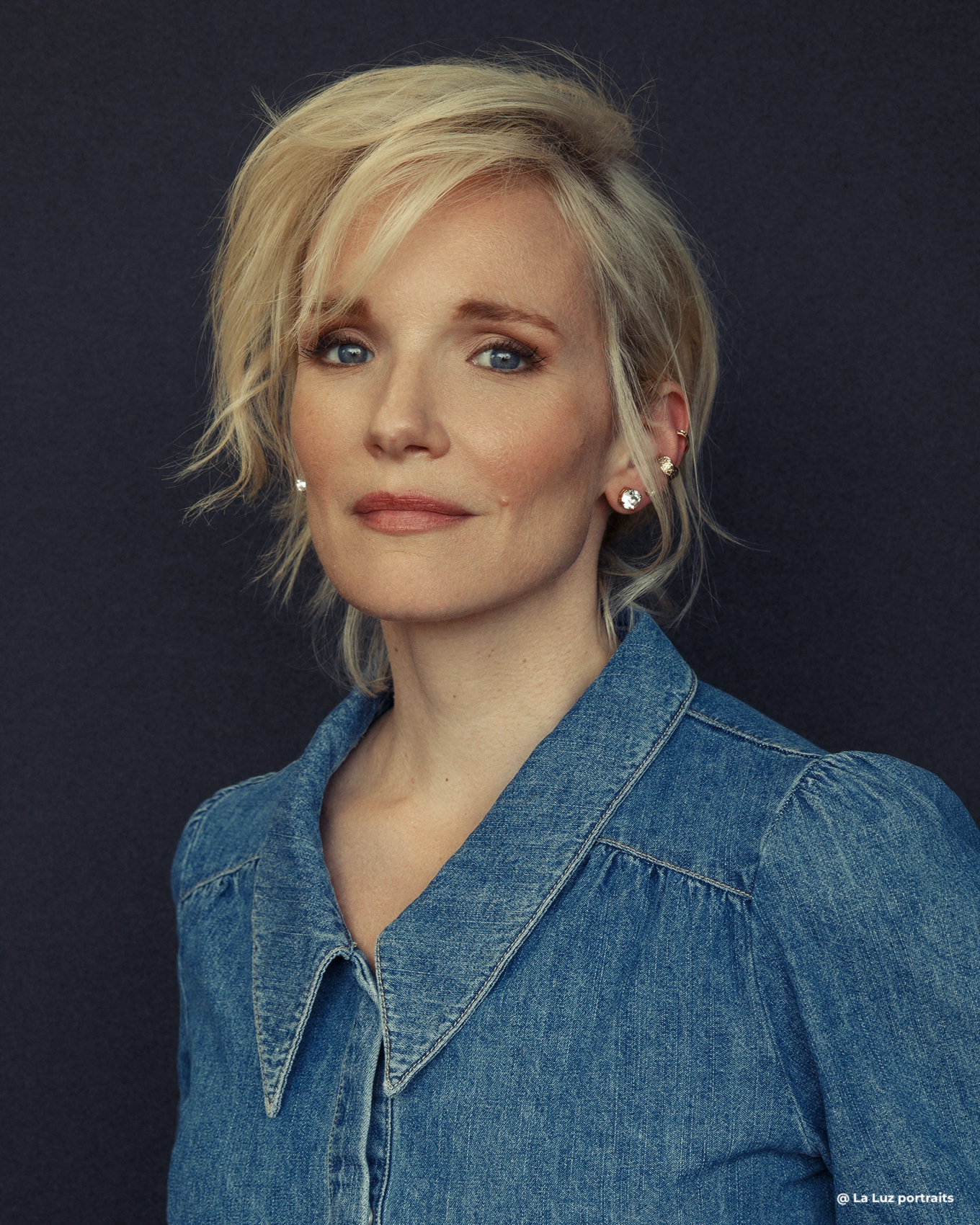
Was FRIMAS made in response to the wave of anti abortion laws or did it precede that?
Oh no, it preceded that. I've always been passionate about human rights, and more specifically women's rights, but I got the idea for FRIMAS in 2018. There’s a documentary called Reversing Roe which is very interesting. It actually predicted what is happening right now in the United States because there has been an agenda to reverse Roe v. Wade since basically 1973. So it was just from reading up on that and realising that women are unprotected. The fact that we’re somehow still questioning the legitimacy of these rights is ludicrous to me, and very scary. So, I wanted to paint a picture of this woman who lived in a society where abortion rights have been criminalised again. I have to say it's really timely that the film is coming out at the same that these things are actually happening in the United States. I did not plan it. I mean, I would rather have been wrong about this. I think I felt a deep calling to tell this story because I was afraid that this was going to happen and I wanted to sound the alarm that that was a possibility.
Would you therefore call FRIMAS a warning for what could happen if we're complacent about the regression of women's reproductive rights?
Absolutely, because women are going to keep getting abortions. When you criminalise abortion, it becomes illegal, underground and very dangerous. That's the reality. There are 25 million illegal abortions per year across the globe and approximately 70,000 women die from those unsafe abortions, so it’s a really important topic. As I keep saying, I'm not a lawyer and I’m not a doctor. This is my way of contributing to this cause that I find really vital to women's rights.
Can you talk me through the decision to make it closer to reality than dystopian fiction?
I didn't want it to look like it was too far in the future because I felt like this could be the reality for many women in the next few years. We shot it in 2020, and once the Supreme Court makes its decision in June 2022, it could become reality for at least half the states in the US. Mississippi is the first state to go in front of the Supreme court and try to overturn Roe v. Wade but unfortunately it's definitely not going to be the last.
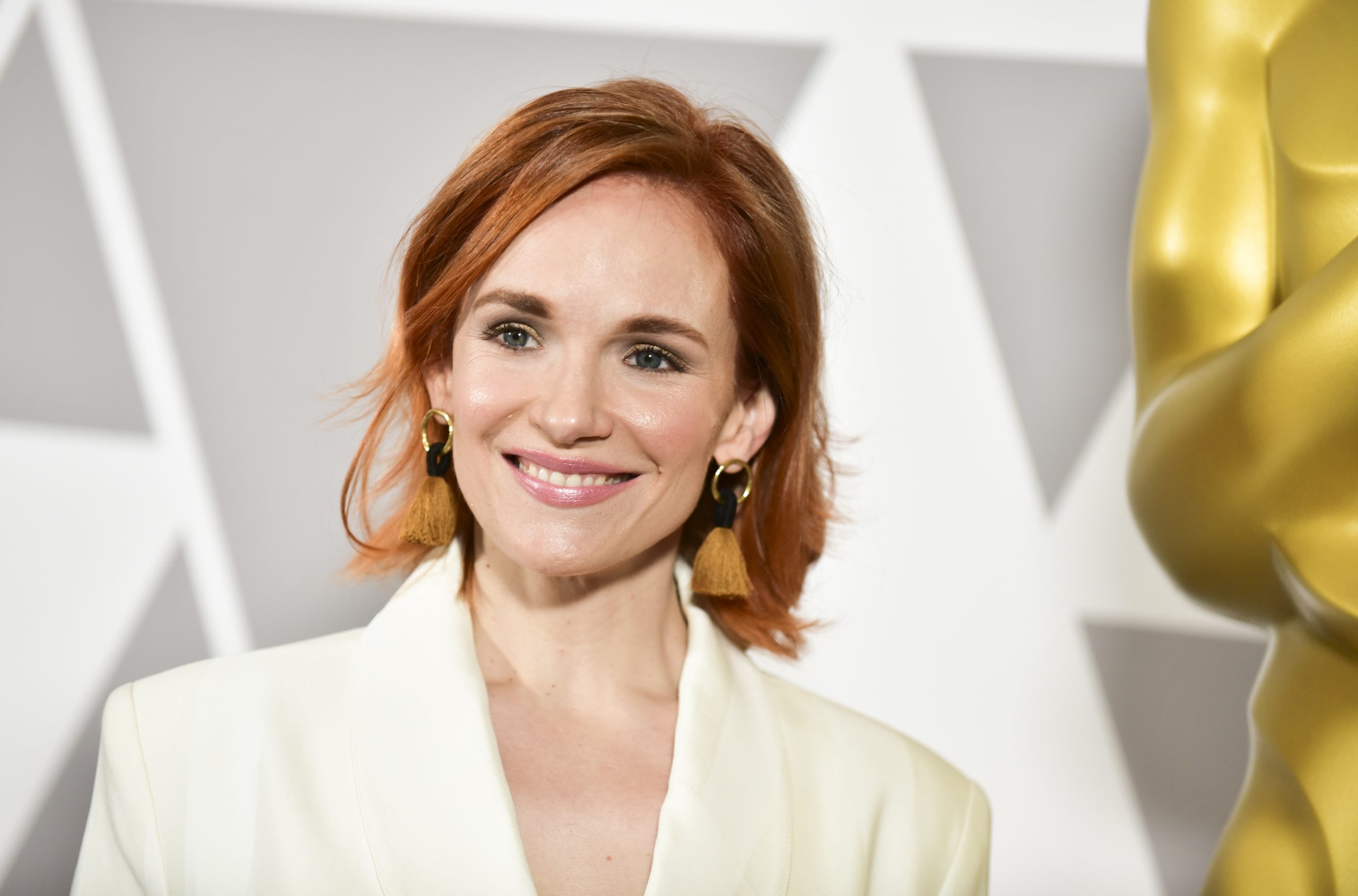
Was there a lot of research involved?
I spoke to abortion providers here in Quebec and I had a nurse that was on set as well. It is always important with my films that it be as close as possible to reality, so we did a lot of research when it came to all the medical protocols. I wanted it to be possible to do this on a moving truck, and unfortunately it is. In a lot of places around the world, women are still doing it with hangers and hooks. They are doing it in awful situations and using non medical procedures. It's very dangerous.
As a filmmaker, do you choose to create projects to support the causes you believe in?
Yeah I do. I mean it's a very personal issue for me and I want to be able to make a difference. I want the films I make to create change and start conversation - that's really important to me. That's why in most of my films I tackle social issues. I don't want it to be too in your face though. I think for me the right way of doing it is really through the character's experience of that reality. That’s what I tried to do with FRIMAS anyhow.
Abortion rights is such a broad subject. Was it difficult to narrow your focus to fit into a short film?
Yes, in the beginning I wanted to make a feature film. It was hard finding a different point of view - something that we hadn’t seen before. I didn't want to have a character who had been raped or who had been through incest. I wanted it to be a different point of view because these laws impact all sorts of women from all walks of life and different situations. I chose to write a character that really wanted to be a mother, that was ready to be a mother, but who had found out that the baby was not going to survive. But in a society that says you still have to go through your pregnancy. You have to get attached to this baby, give it birth, and then watch it die in your arms.
And this is a reality for so many women across the world right now...
I think these things happen very often. Sometimes the mother's life is in danger and she can't even get an abortion. And I think it's cruel that we're not putting these women's lives and livelihoods in front of anything else. For me, it's also about gender equality. If there are no laws that control a man's body, then there shouldn't be one that controls a woman's body. For me, that's the bottom line.
It is very much a gender equality issue.
Yes, and it's a social issue as well. The reality is that these bans and restrictions have crazy consequences on all women, but they disproportionately impact women of colour, women who are already vulnerable, women who have low income, LGBTQ people and women who live in remote areas. They don't impact women who are rich, comfortable and have power. They don't impact these high middle class women in the same way, and so I think we have to protect all women from these terrible laws.
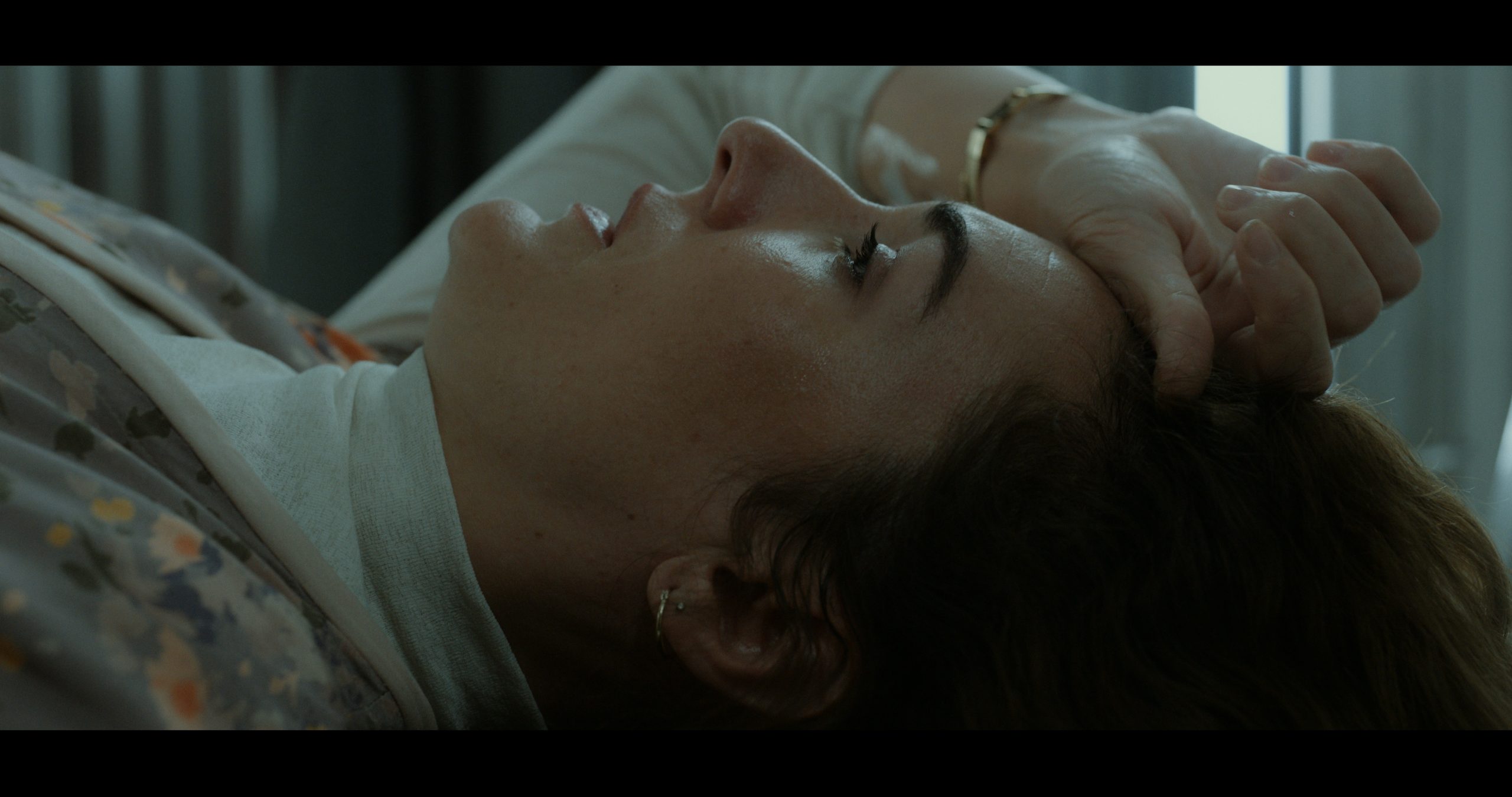
"No, your husband isn't pro life, he's anti abortion" was a line that particularly stood out to me...
I've been saying this for years. It's a marketing strategy to call it "pro life". I think people who are "pro choice" are also "pro life" - they're pro the women's lives. So I refuse to use that term, because it's a hypocritical way of going about saying you're anti-choice which really is what it is. It's basically saying that women who get abortions are killers. That's what they're saying - that they’re stopping life. It’s very hypocritical.
The film is centred around a search scene, showing how much fear and risk there is for everyone involved. What was your thought process behind that?
Finding a way to illustrate the kind of society that the film takes place in was a challenge. The story was set in the near future in a dystopian society, even though it's not like 20 years down the road. And I needed to make it clear that our main character was putting herself in danger, both legally and physically. So for me, writing the part in where the truck gets stopped and searched really allowed me to create that element of fear that both characters are going through. These women and doctors are basically being turned into criminals, and they are treated like murderers. That was very important to the story.
I think people often forget that the doctors are putting themselves in legal danger too...
Oh absolutely. And right now in Texas it's even worse than that. If anyone drives a woman to get an abortion or even knows about a woman getting an abortion and doesn't stop her, they can be sued for $10,000 or more. That’s what these laws do. They vilify all these people who are just trying to survive. It is horrific, but unfortunately to me it's not shocking anymore. I read about a legislation that was being pushed forward in Texas a couple of years back for women to be able to get the death penalty for getting an abortion. I mean, it's beyond horrific. I have no words.
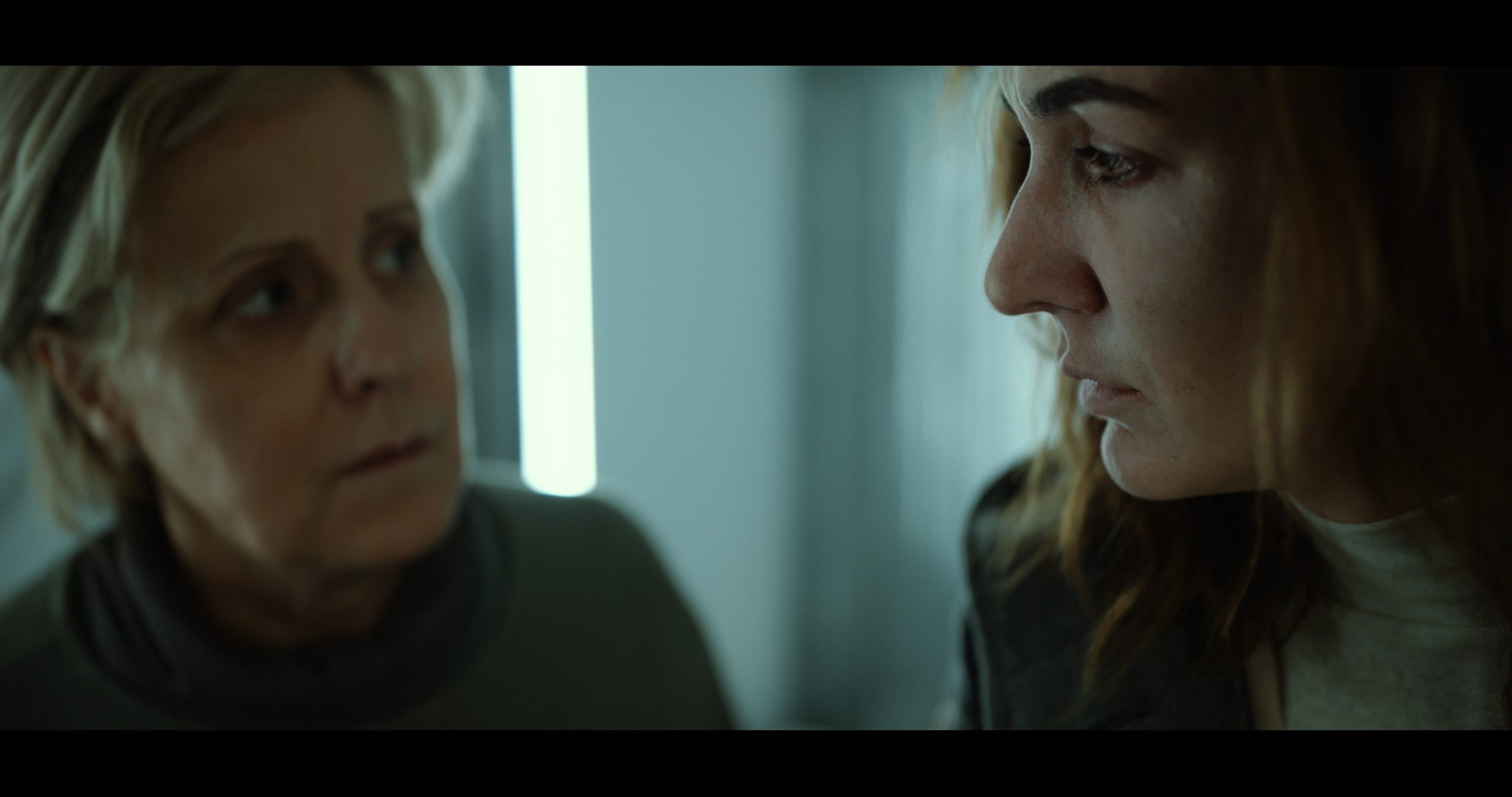
What would you say to someone who was anti abortion?
I have been faced with that, even a couple of times when I was presenting the film. I respectfully disagree with anyone who is anti abortion and that is what I say. We can debate this and we can have these conversations, but for me the bottom line is nobody should tell somebody else what they can or cannot do with their body. No government can force somebody to give up a kidney to save another person's life. And to me it's hypocritical that we're asking a woman to go through a pregnancy to supposedly save a life when we're not talking about babies, we're talking about embryos. Even in the United States, you can't get an abortion after it becomes a viable baby which is at about 23/24 weeks. So, for me it's not a philosophical question. We can talk about it and we can talk about belief, but the bottom line is the state should not tell a woman what she can do or not do with her body. There are a million reasons why you shouldn't tell a woman what to do with her body, but bodily autonomy is really sacred.
Have you had a positive reaction from the public?
I have, but I do know that it's not an easy film for anyone to watch - and that was the point of it. I'm not trying to glorify abortion, that's not it. I know that women getting an abortion is never an easy thing, even for somebody who is completely pro choice. But it is a medical procedure and it is vital to women's rights. A law that forbids abortion condemns women to living lives that lack dignity. It deprives them of equal liberty and it leads those with the least resources to undergo illegal abortions. And the risks of that are death and suffering. It doesn't make sense to me that we're allowing these things to happen.
How are we allowing these things to happen?
I think we've been taking this for granted - that's my feeling. The fact that we're still questioning the legitimacy of these rights and that we’re putting it back on the table in 2022 makes absolutely no sense whatsoever. We should be moving forward. But the thing is that the people who are standing up and speaking out are the people who are trying to stop these rights - who want to go backwards. Women are just surviving. I don’t think we’re realising collectively that this is happening and that we're going to wake up one day and we might have lost all these really fundamental human rights. It's going to have an impact on the lives of all women.

Was it important for you to highlight the isolation of the main character?
That was very important. And to me, the underlying message to the film is that we're also forcing these women to carry this for the rest of their lives secretly. It's the loneliness that's attached to that. You want to protect your family, your friends, your loved ones, so you're forced to do this on your own and to hide. You can feel her fear, anxiety and isolation when she is going though this. She loves her husband - she's not in an abusive relationship - it’s not about that. But the trauma of having to go through this on your own is really cruel. That was very important to me.
What do you hope people take away from FRIMAS?
For me there are two things - that's one of them, but the other is the reality that women are going to keep getting abortions. Making it illegal is not going to reduce the number of abortions, it's just going to make women unsafe - and that's been proven time and time again. The only thing that would reduce the number of abortions is educating young men and women, giving people access to proper protection and not criminalising abortions - that's the worst thing you can do in society. I don't think that forcing women to undergo illegal abortions is the right way to go, and statistically it's not - that's been proven. It's not going to change anything.
Congratulations on being shortlisted for an Oscar. How did it feel?
Oh boy, it's surreal. You have to read it three or four times to believe it and even then it's just extraordinary. I'm particularly thrilled that it’s happening with this film because I think it's really timely. I understand that a lot of people don't want to talk about this issue and would rather pretend it doesn't exist. But I think we have to talk about it. Now is the time to discuss this and to protect these really important rights that we still have. I had a deep calling to make this film and I feel really blessed that it's getting this kind of recognition, so hopefully more and more people will be able to watch it.
Women's reproductive rights are under particular threat right now. How crucial is it that we all do our bit to protect them?
It's so important, even if it doesn't affect us. I'm not in the United States - I’m in Canada, but what happens in the US is going to have a huge impact on the rest of the planet. The United States is supposed to be one of the biggest democracies in the world. If American women lose the right to get abortions, then that's going to influence a lot of smaller countries across the globe. I think we have to talk about this and we have to stand up even though it doesn't affect us personally in our own country. I think that's vital. We can't go backwards when it comes to these rights - we have to keep moving forwards.
FRIMAS was shortlisted for an Academy Award for best live action short film.

Jenny Proudfoot is an award-winning journalist, specialising in lifestyle, culture, entertainment, international development and politics. She has worked at Marie Claire UK for seven years, rising from intern to Features Editor and is now the most published Marie Claire writer of all time. She was made a 30 under 30 award-winner last year and named a rising star in journalism by the Professional Publishers Association.
